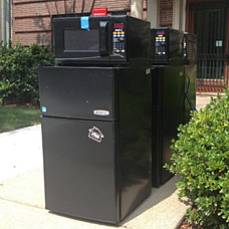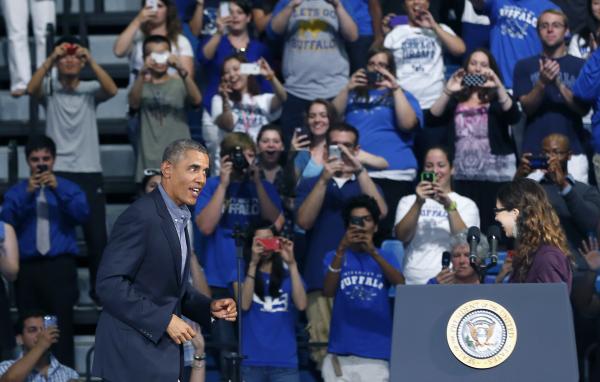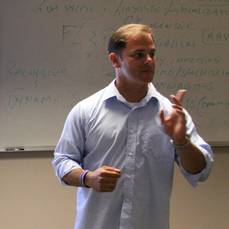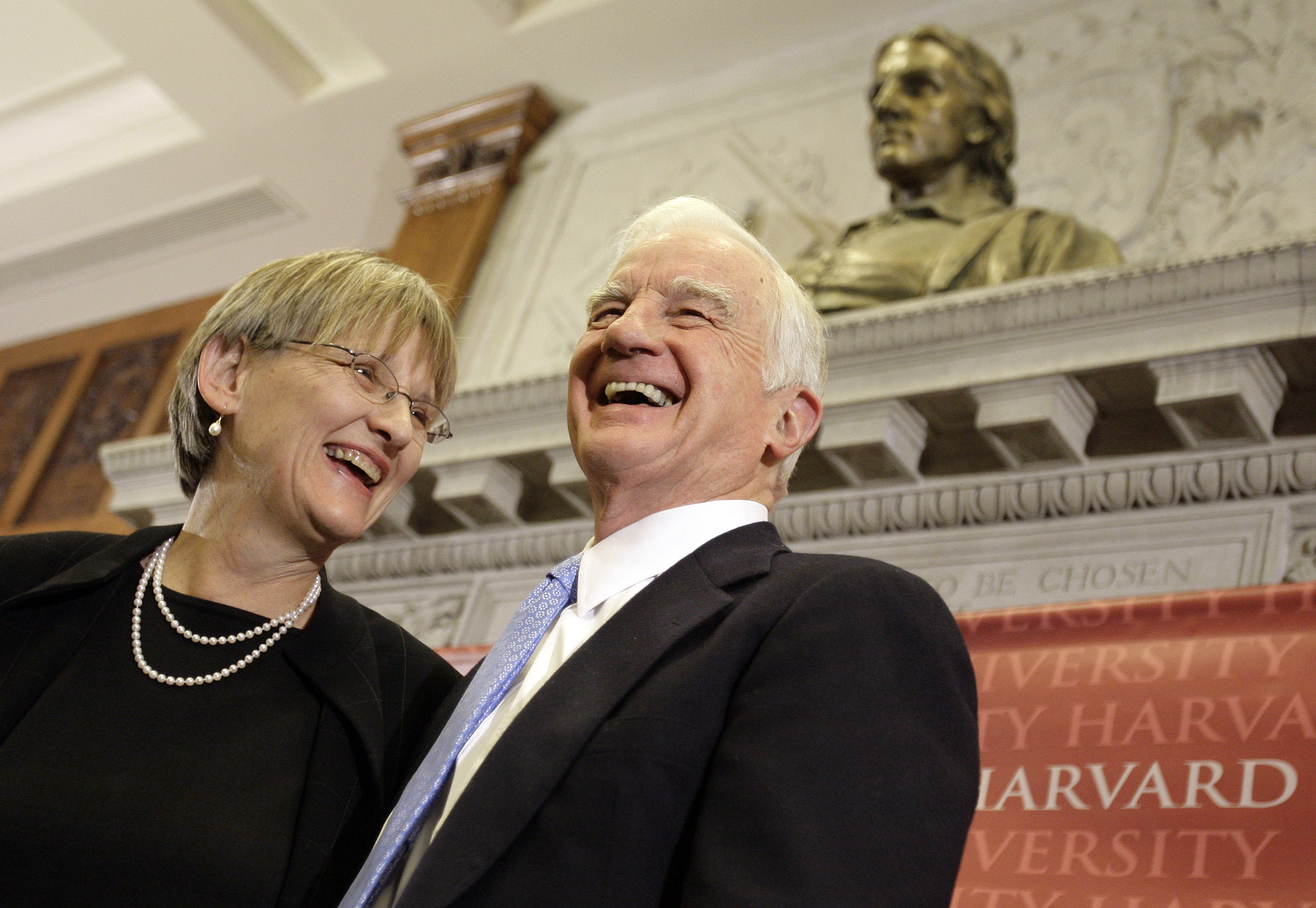confronting cost

No other city transforms like Boston this time of year, and the scenes are all around us: Returning college students driving U-Hauls, moving into dorms and re-connecting after a summer back home What’s different this September is the nationwide focus on higher education, from the cost, the debt to the payoff.
While students here in Boston set up their dorms, colleges and universities elsewhere are struggling at times behind the scenes and at others, in full view. Take, for instance, empty seats.

Will the new face of college be a computer screen?
WGBH's Kara Miller asked a panel of educational pioneers about the university of the future on this special edition of Innovation Hub, taped at Suffolk University’s Modern Theater in downtown Boston.
The cost of college has skyrocketed in recent decades, and few higher education observers say they know how to reengineer the affordability problem.
A chart produced by Bloomberg shows shows that tuition expenses have spiked 538 percent since 1985. That's compared to a 286 percent increase in medical expenses and a 121 percent increase in the consumer price index.
 President Barack Obama may have trouble persuading the higher education community to support his plan unveiled Thursday in Buffalo to reform American colleges and universities.
President Barack Obama may have trouble persuading the higher education community to support his plan unveiled Thursday in Buffalo to reform American colleges and universities.
Under the president’s plan, for the first time the federal government would rate colleges and universities for lowering their tuition and increasing access.
Private, for-profit colleges have joined the march of institutions that appear to be lowering their tuition as enrollment flattens out and families become increasingly price conscious.
The average tuition paid by students at four-year, for-profit colleges, when adjusted for inflation, fell from $16,268 in the 2006-2007 academic year to $13,819 in 2011-2012, the independent think tank Education Sector reports, citing data from the U.S. Department of Education.
President Obama is preparing to hit the road on a two-day college bus tour that will take him across upstate New York and Pennsylvania to discuss the high cost of higher education.
In a letter emailed to supporters on Wednesday, the president promised "real reforms that would bring lasting change" to the way colleges and universities run their business.

Three Massachusetts universities received poor grades in a national report that's adding fuel to the debate on how to teach America's school kids.
The report, which was issued by the National Council on Teacher Quality, is critical of how colleges and universities nationwide are training the next generation of teachers.
UMass-Dartmouth is one of three schools in Massachusetts for which the Council issued a consumer report alert. It found the state university is using course material for aspiring teachers that “often has little relevance to what they need to succeed in the classroom.”











